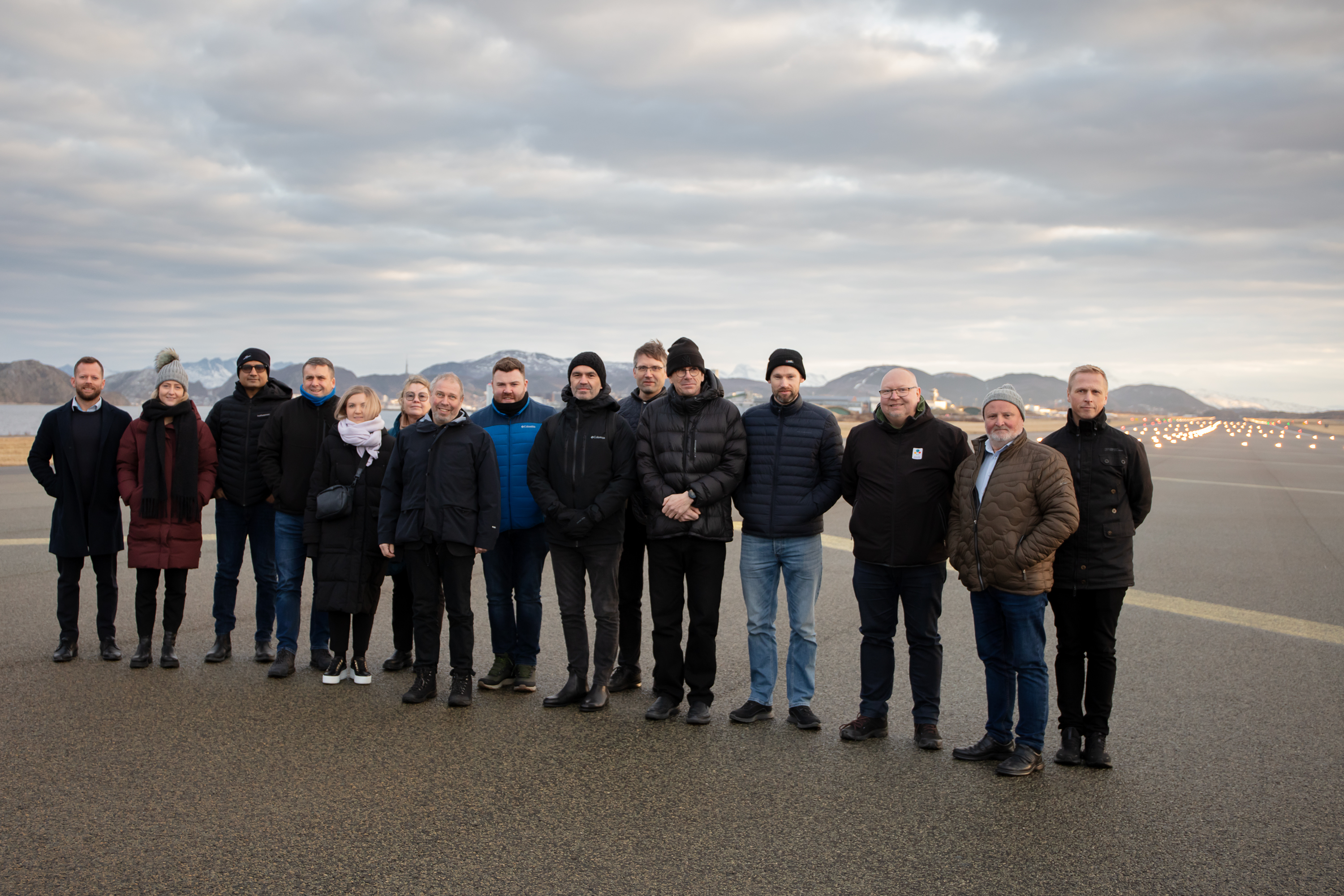News

HYBES project consortium meeting in Sweden
The city of Umeå in Sweden was the backdrop to the third meeting for partners working on the HYBES Project. This project aims to find new ways to reduce carbon emissions and promote sustainable energy in rural areas. The meeting, which took place from March 19th to 21st, included partners from Norway, Sweden, Iceland, the Faroe Islands, and Ireland. The project consortium meeting marked one year since the project began.
Date
26.03.2024



